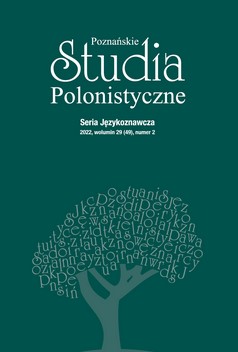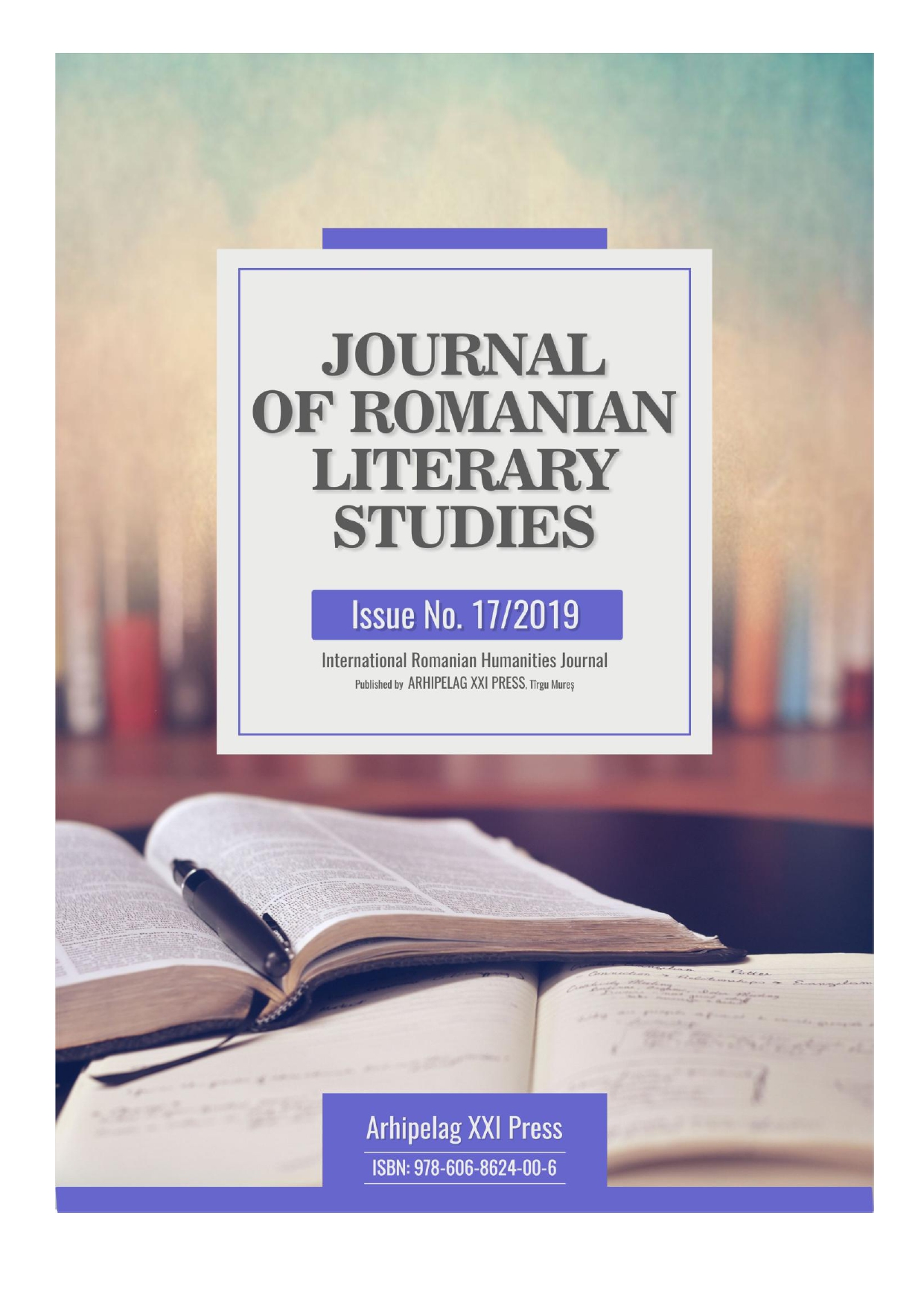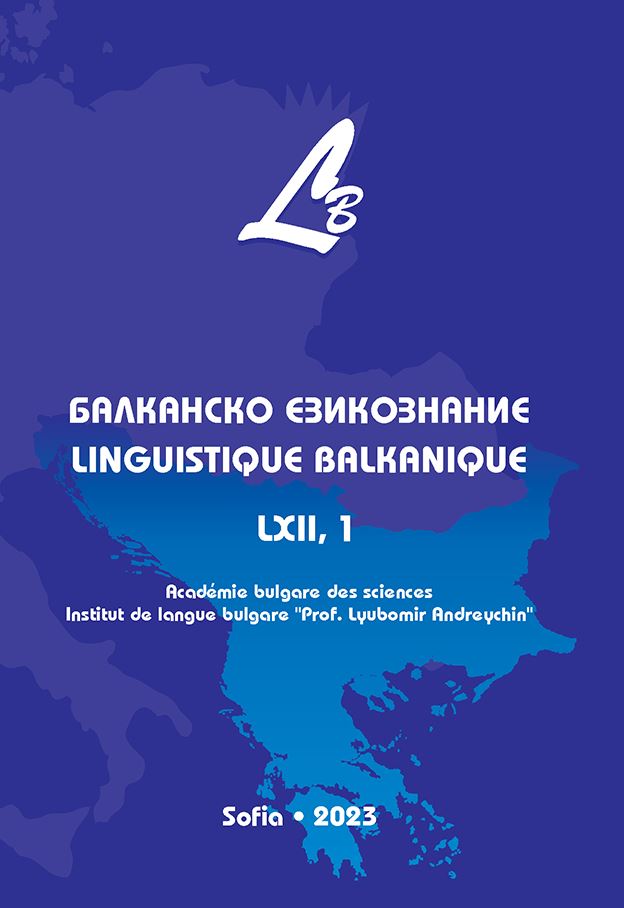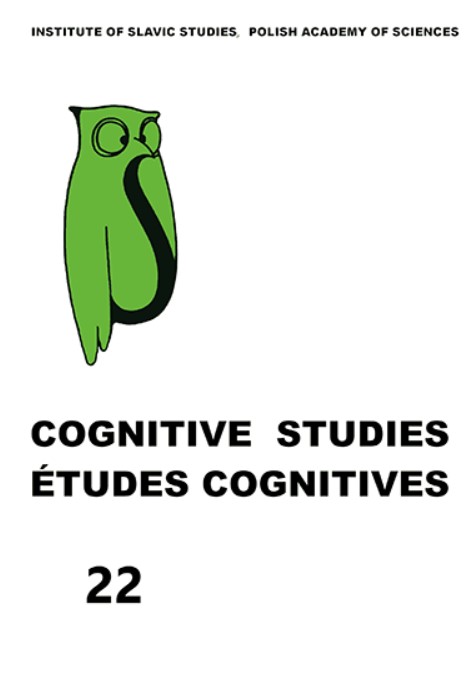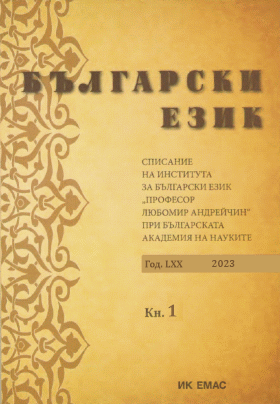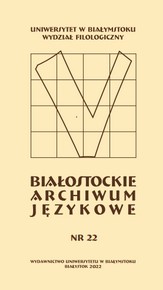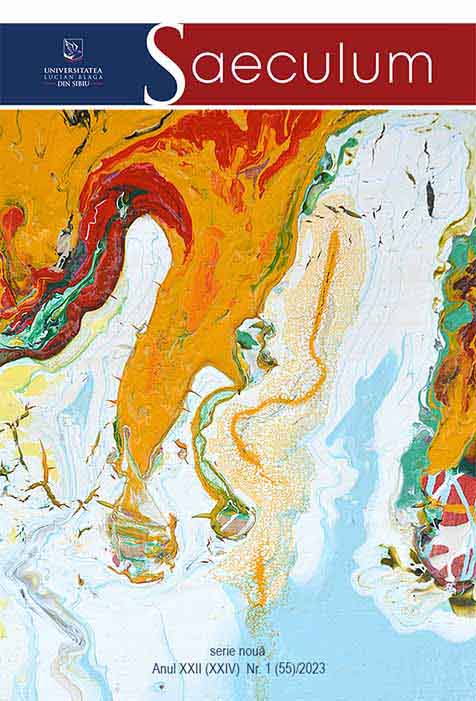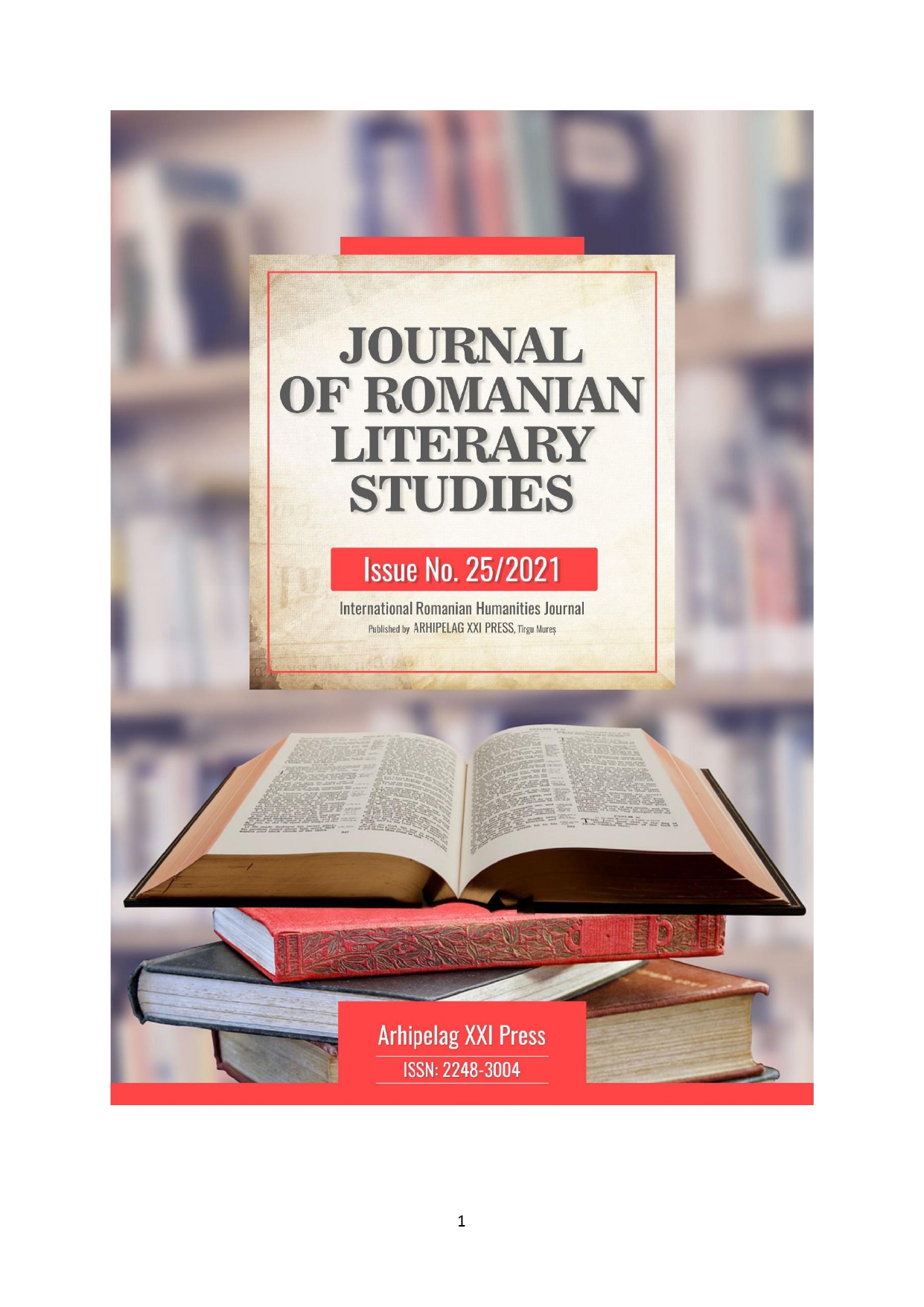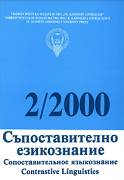Author(s): Guranda Gobiani / Language(s): Georgian
Issue: 6/2023
The aesthetic function and purpose of the so-called postmodernist “artistic games” is to search for forms of relationship with already existing written texts. Deconstruction is an approach to understanding the relationship between text and meaning that opposes rationalism. A kind of “stimulating unrecognizability” and “controlled chaos” are characteristic of it. This concept offers us such principles that destroy traditions, stereotypes, at the same time, exposing and revealing their base, the pre-text, which is restored and proposed in the phenotext based on the imagination, commenting, evaluation and interpretation of the pre-text, taking into account the socio-cultural environment. Deconstructivism, as a postmodernist trend, is inspired by the idea of abandoning aesthetics and fundamental principles. It allows the author to recreate a completely different version of the finished “product” of the past, rooted in traditions, and to offer the restored-updated text to the potential audience, the reader. The world around us is a text that needs not the order, but a new interpretation, reviewing and rewriting - this is the philosophical ideology of deconstructivism. Deconstruction is the privilege of a free, daring, rebellious person, who is ready to throw away, shatter oppressive stereotypes and frames, fragment “written texts” and give each detail a new meaning, a new life. Givi Margvelashvili, a German-speaking Georgian writer, a worthy representative of European postmodernism, whose life and creativity are completely built on contradictions and cataclysms, appears as such a writer-interpreter. In his work, as well as in postmodernism in general, the leading role belongs to the principle of dialogue. In postmodernist discourse, the recipient is the most important. The author has a constant, active dialogue with the reader. The action is not always dynamic, but chaotic, unplanned, based on the principle of framing. This time, in his ontoworld world, the animals-symbols are seeking for help, who are tormenting “due to” those faults, that “symbolized” people make because of their carelessness and irresponsibility. Margvelashvili turns the significance of the symbol upside down and considers it the most terrible form of animal torture. The author does not/cannot change anything in the classical symbolic world of animals/text, however, he rejects the basic, fundamental principles that underlie symbolism as a formalistic direction and tries to free it, separate the text/symbol from the traditional form and save it from “attachment”. The target of help for the “active member of the symbol-animals’ society” this time is “the eagle depicted on the head of the swastika”. The writer, by the principle of open space, again calls on the imagination of the reader and takes him to the vanguard scene through specific instructions. The reader, the same character, the same “hero of the book” (the author) imagines wearing a heavy leather glove on his right hand, raises his hand up (Nazi salute gesture - "Heil Hitler!" “Long live Hitler”) and turns his eyes to the eagle depicted on the swastika. Here the writer-interpreter already gets involved and offers us an absolutely changed, deconstructed picture. This is exactly a kind of rebellion against the “suffering” and “punishment” that, as the writer points out, the “animals – symbols” experience in the “captivity” of multiple meanings, polysemantism, and whose goal, ultimately, is the conscious creation of conflictual opposition that will awaken the surrounding space and transform the social background as it is Margvelashvili's decision on finding ways to form relationships with already existing written texts.
More...
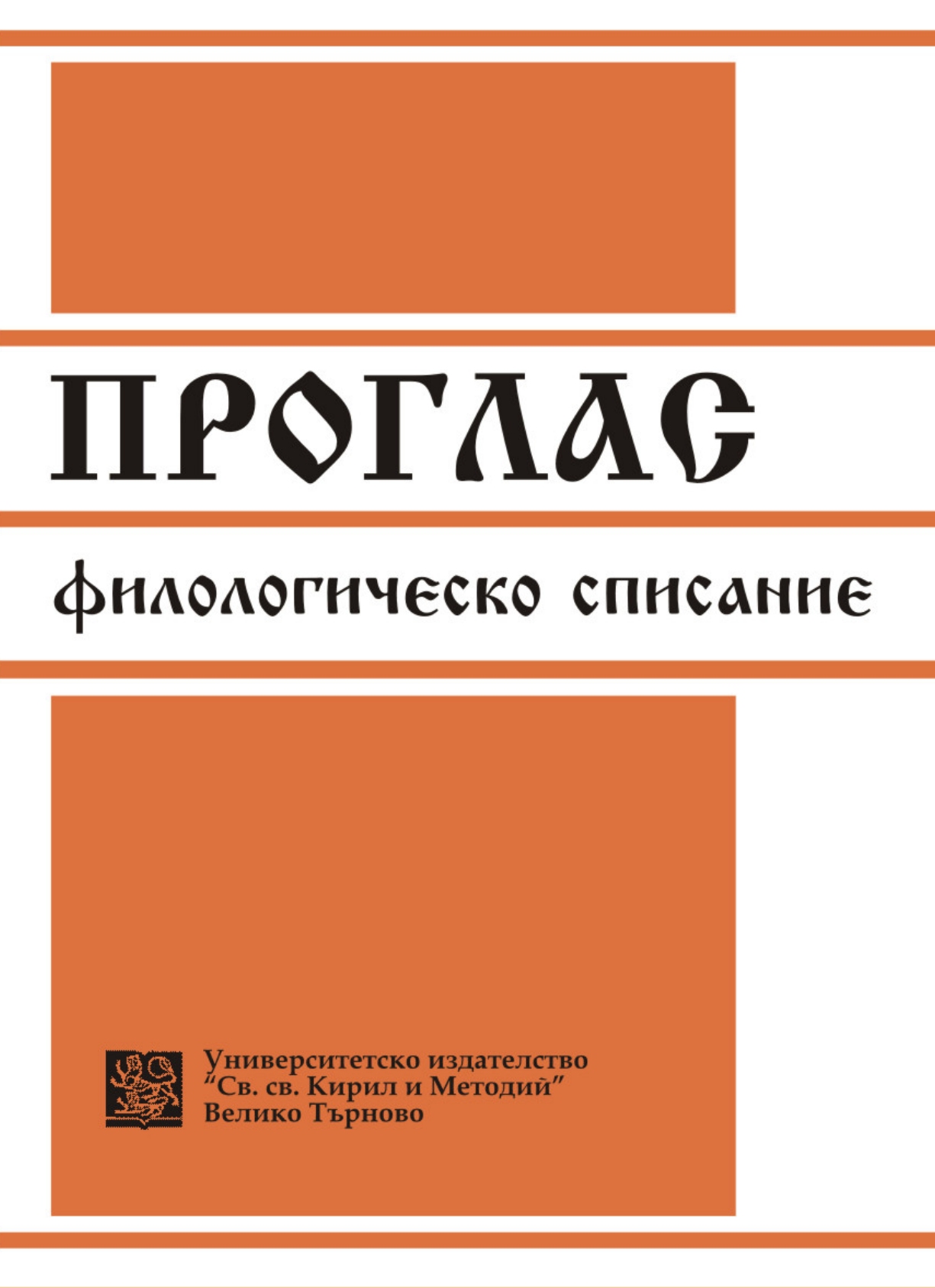

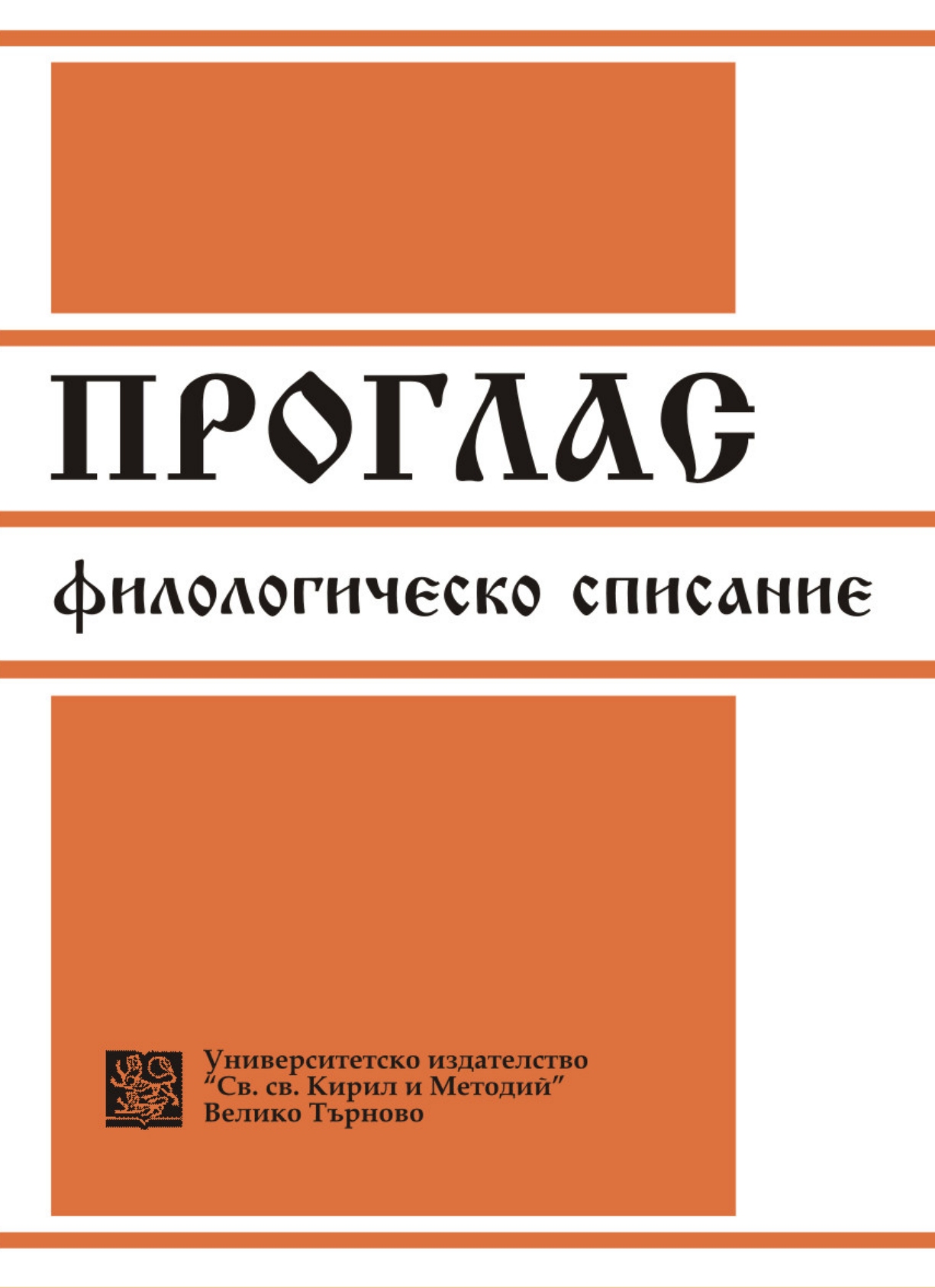
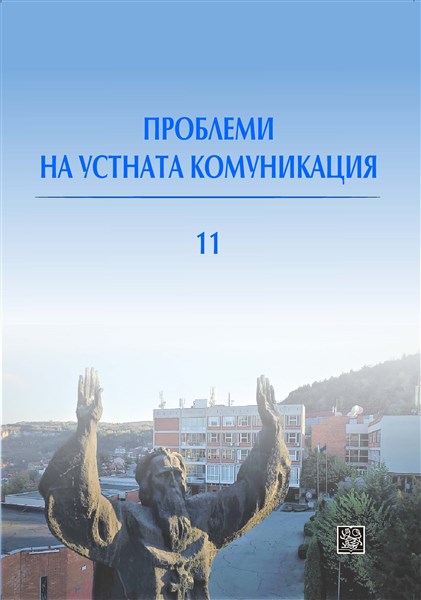
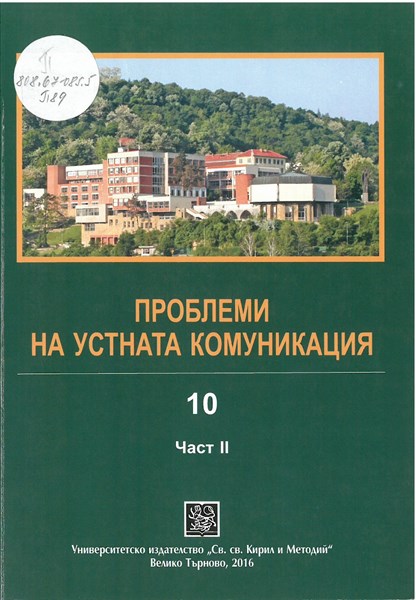
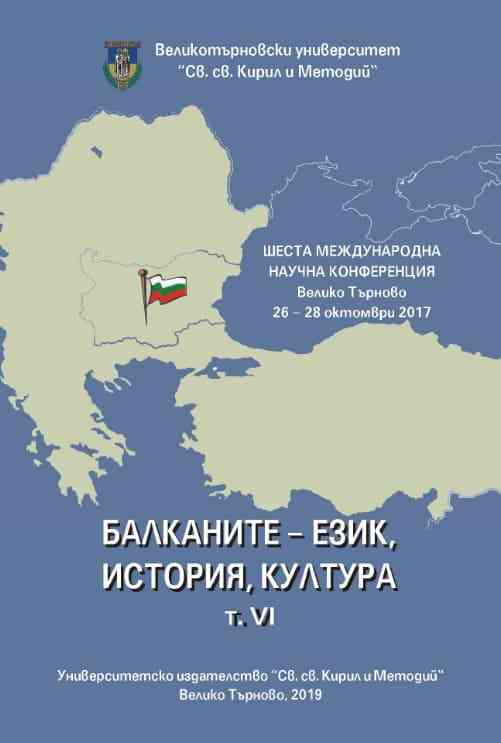
![Функционална субституция на гласните [i] и [и] в устната практика на френския и българския език](/api/image/getissuecoverimage?id=picture_2021_73793.jpg)
